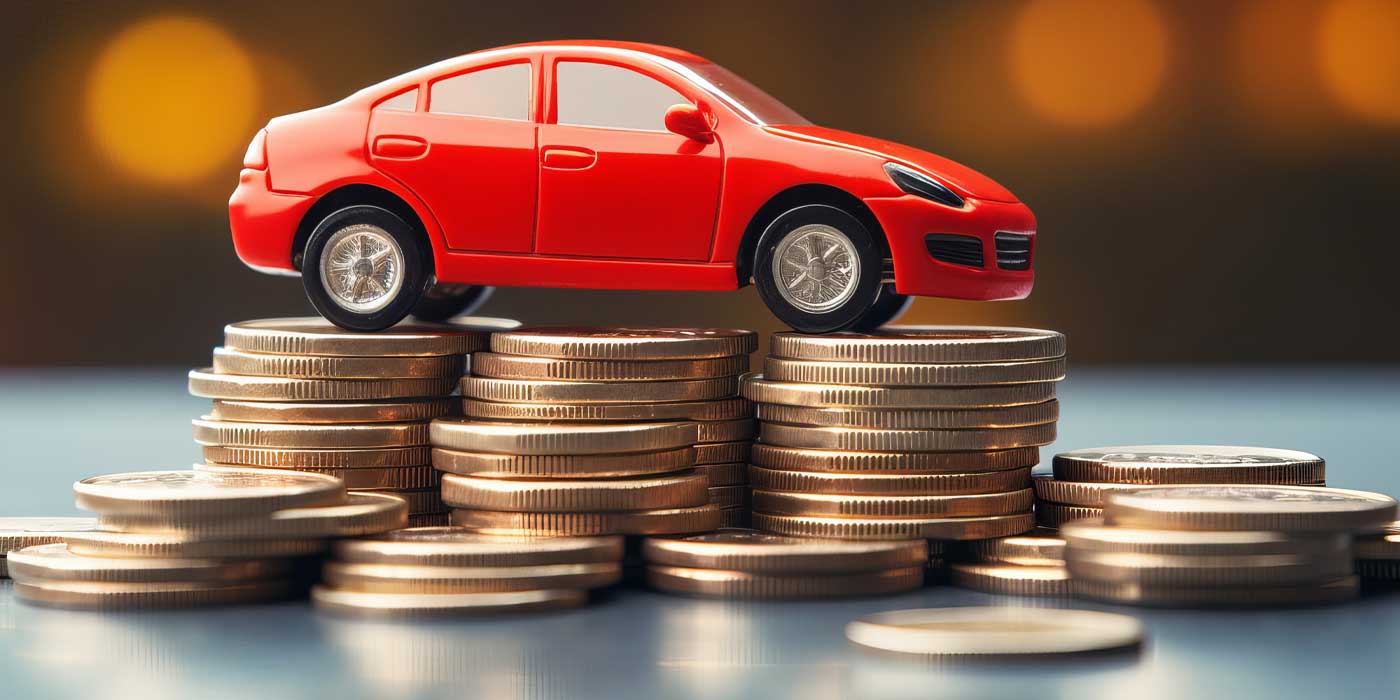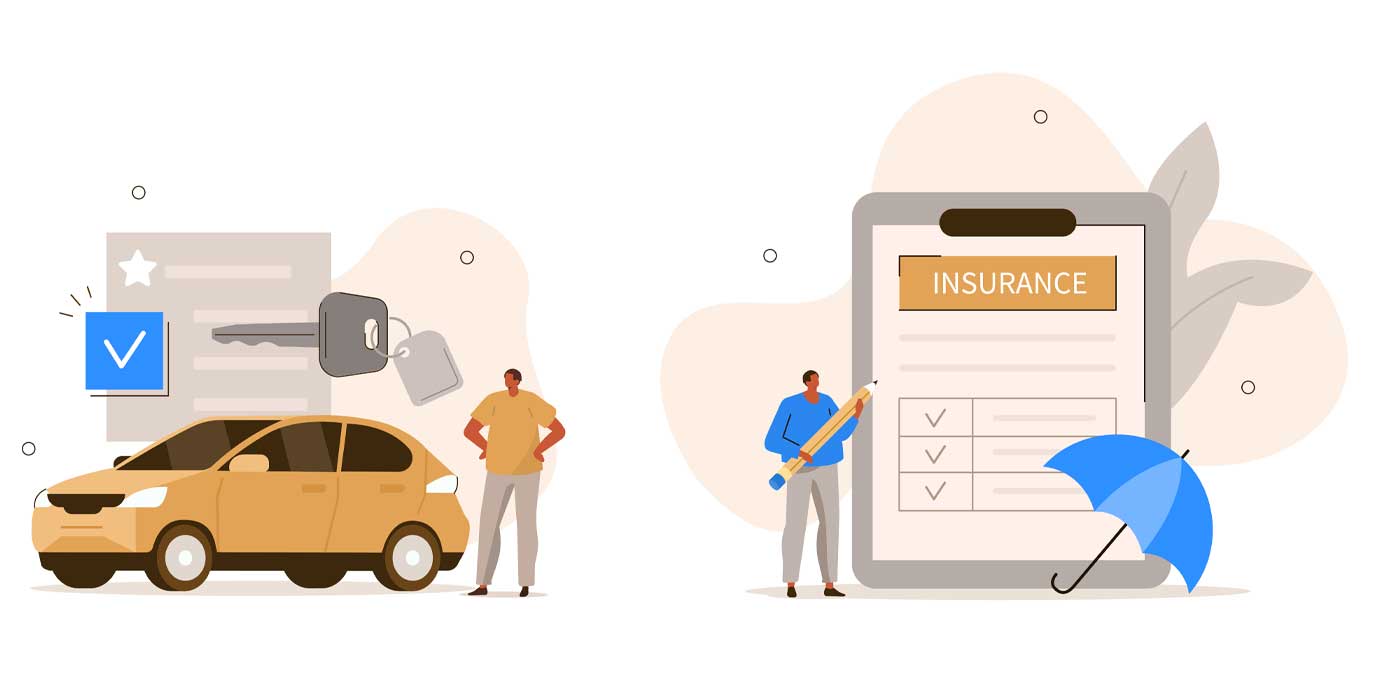You’ve likely seen the term DOWC, but you may not be entirely sure what it means. Here’s an overview you won’t want to miss because understanding what a DOWC is, and how it functions, may be a direct route to maximizing profit for your dealership — a critical consideration as unprecedented challenges continue to hit the industry from all sides.
What is a DOWC?
A dealer-owned warranty company (DOWC) is a unique structure that brings the tax advantages of the insurance industry to automotive F&I, creating a true wealth-building opportunity. By successfully establishing their own DOWC, dealers gain significant tax benefits and additional advantages that help optimize their F&I program.
Under a DOWC structure, a dealer forms a separate C-corporation that controls the entire service contract transaction and all funds, including investments. This new entity becomes the provider of the contracts, providing an alternative to using a third party to hold reserves, and is treated as an insurance company for tax purposes.
While it may seem a complicated endeavor, its benefits can be outlined in simple terms. Consider these key benefits:
• The tax-deferred nature of a DOWC allows the dealer to take advantage of the same tax laws that insurance companies have been operating under for decades.
• Essentially, the company has no taxable income for an extended period of time as a result of numerous expenses: administration and acquisition costs in the current tax year; net operating losses are carried forward.
• With the correct administration, a DOWC formation is actually very easy to manage and, most importantly, prosper from.
Why a DOWC?
Under a traditional service contract transaction model, a significant portion of the funds are held by a third party that controls them to its own benefit.
The DOWC structure proves there’s a better way:
• When a DOWC serves as the provider, the dealer immediately has 100% control over their F&I program, including rates, coverages, marketing materials and the company name. In addition to increasing profit potential on F&I sales, the ability to customize their offerings means a dealer can build a portfolio of products that caters to a variety of vehicles and consumer needs.
• Underwriting profits and investment income are retained solely by the dealer’s DOWC. Compare this to other structures where premiums may be exempt from tax, but investment income returns are taxed at normal corporate rates.
• A DOWC is not the same as an NCFC or CFC — it is not a foreign company at all. The structure allows dealers to stay onshore and benefit from domestic formation, as opposed to having to maintain foreign companies and being forced to invest with money managers preferred by an administrator. This can provide significant cash flow and a dealer can also borrow for virtually any purpose.
Why a DOWC? The Better Question May Be, Why Not?
It’s easy to understand why making the switch can seem intimidating. Some dealers may not understand what a DOWC is or how it functions. Or they may find it scary to shift gears after years in a more traditional reinsurance structure or limited participation with a guaranteed retro setup. But the time is now to explore the advantages and opportunities for wealth-enhancement that are readily available to all.
Scan the QR code below to view “What is a DOWC?” video.















